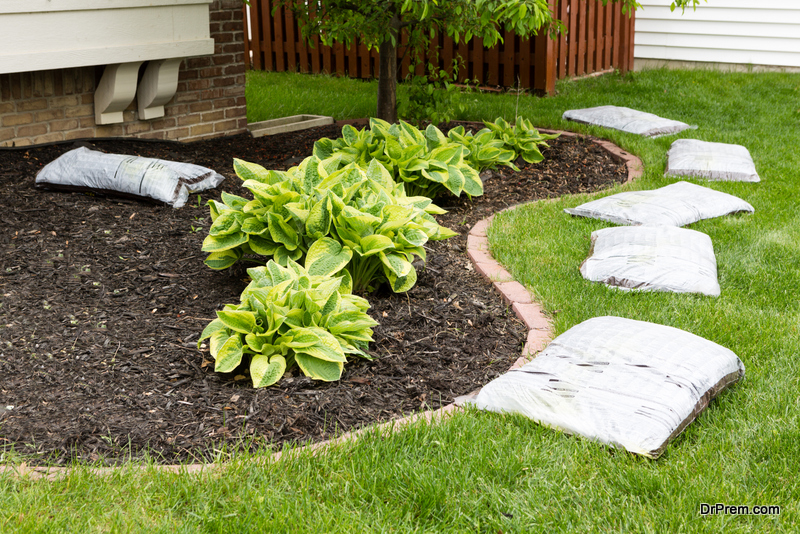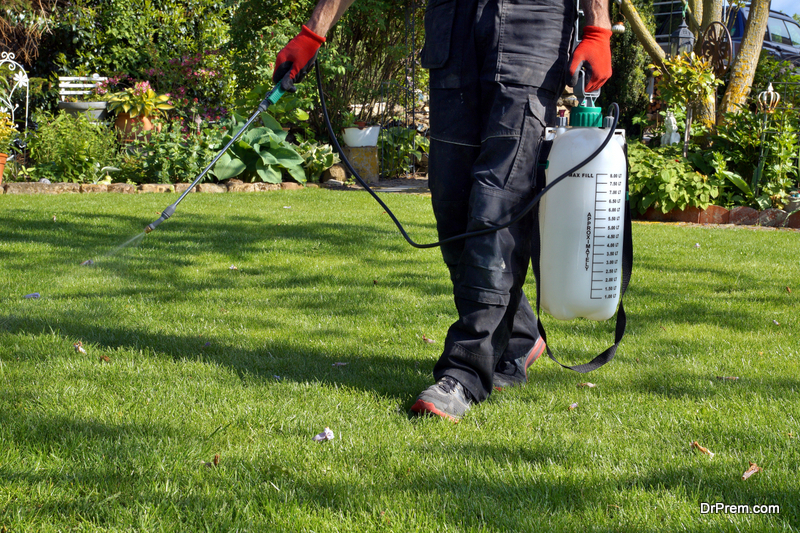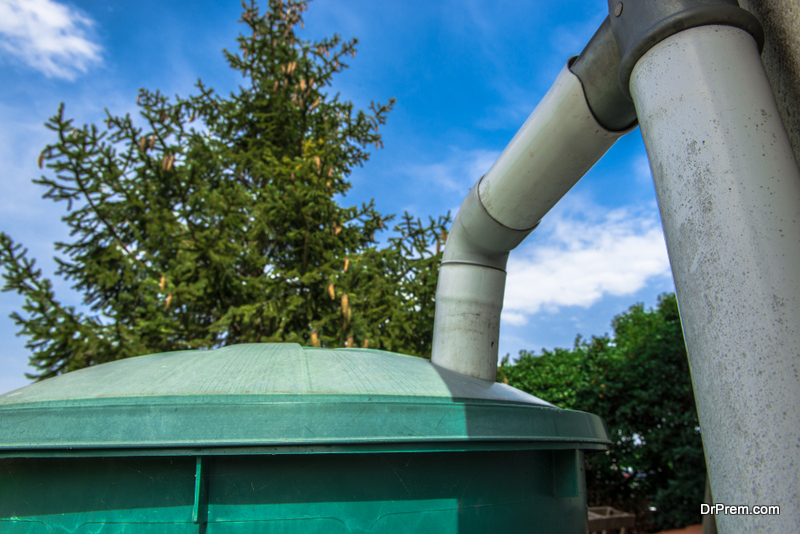People are becoming increasingly conscious of how their actions impact the environment. As a result, many are trying to adopt eco-friendly practices around their own homes. There are a lot of landscape swaps you can make that will not only benefit the environment, they can also lower overall costs and make life more convenient.
1. Update Your Lawn

A lush and well-manicured lawn has become a symbol of wealth and stability. It is also a huge waste of resources and potentially harmful to the environment. Stop and think for a minute how much you invest in your lawn. Between the time, chemicals and water needed to keep it green and thriving, it is no wonder that so many environmentalists are urging its replacement. If you don’t want a front yard wildflower field, however, it can be hard to walk away from a lawn. Before you give up hope, consider artificial grass as an alternative. It offers a healthy green appearance, yet requires no water, fertilizer or weed treatments.
2. Choose Solar Lighting
You don’t have to add solar panels to your entire house to reduce energy consumption. Instead, swap out spotlights and lamp posts with solar alternatives. Options have come a long way in the past decade, and you can find everything from basic garden stakes to upscale entry toppers. There is no wiring required, so pretty much anyone can install them. In most cases, you probably won’t need any special permits, either.
3. Ditch Garden Chemicals

Gardening is generally considered healthy and good for the environment. However, a garden that uses a ton of pesticides or weed killers is not a good eco-friendly choice. Look for natural ways to keep pests and weeds at bay instead of reaching for the sprayer. Start composting to turn food scraps and yard waste into fertilizer and soil conditioner. It may take some trial and error as you find what works best for your yard, but your plants will be healthier and happier in the long run.
4. Harvest Rainwater
Every time it rains, you pass up on a supply of free water that, instead of being harvested, gets washed down storm drains or into streams. Rainwater harvesting is actually a lot easier than it sounds, and even a small roof can capture a good supply of rainwater for irrigation purposes. Start with a simple rain barrel at one of your gutter downspouts to see how simple and effective the process can be.
You don’t have to sacrifice comfort or convenience to be eco-friendly. Simple swaps like renovating the lawn, switching to organic gardening and installing solar lights can improve your landscape and benefit the environment.
Article Submitted By Community Writer




